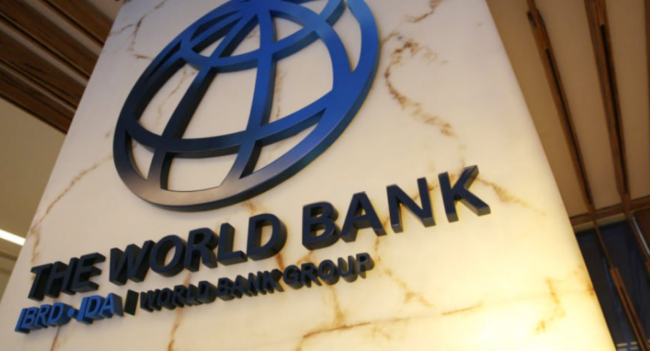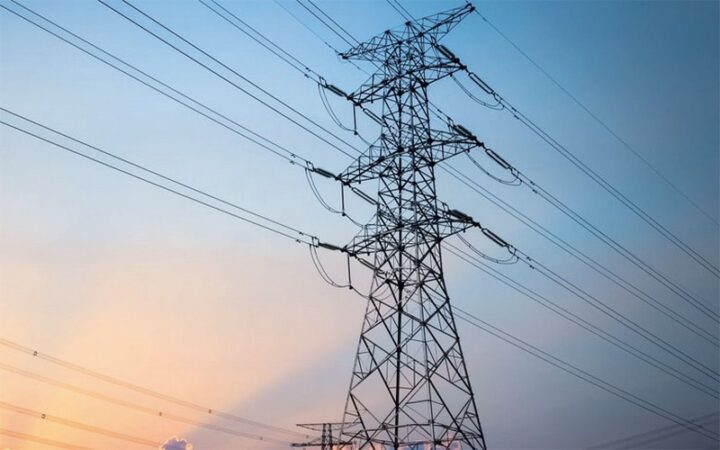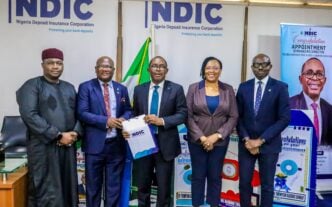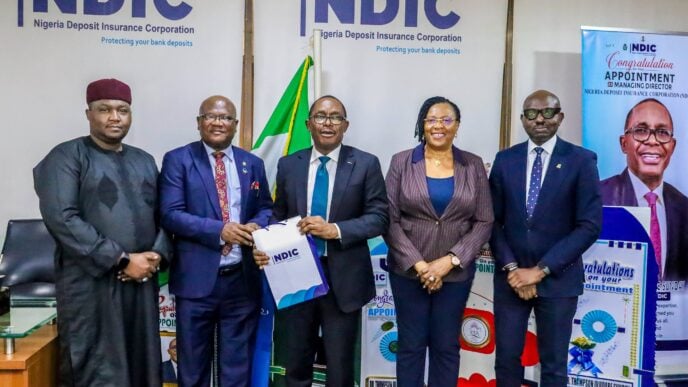The World Bank says funding allocated to Nigerian revenue-generating agencies is significantly higher compared to their counterparts in other African countries.
In its latest Nigeria Development Update (NDU) report released on Wednesday, the bank said the agencies are the Federal Inland Revenue Service (FIRS), Nigeria Customs Service (NCS), and the Nigerian Upstream Petroleum Regulatory Commission (NUPRC).
Others are the Revenue Mobilisation Allocation and Fiscal Commission (RMAFC), Niger Delta Development Commission (NDDC), the Nigerian National Petroleum Company (NNPC) Limited, and the frontier exploration fund.
The World Bank said the funding allocated to the FIRS, NCS and the NUPRC is “very high”.
Advertisement
The lender said under Nigeria’s current model, the FIRS retains 4 percent of all non-oil gross revenues — including value-added tax (VAT), corporate income tax, and electronic money transfer levies — as well as oil revenues excluding royalties.
The NCS keeps 7 percent of customs and excise revenues it collects and 2 percent of VAT collections, while the RMAFC receives 0.5 percent of non-oil revenues.
The institution said the NDDC gets 3 percent of gross VAT revenues, while the NUPRC retains 4 percent of royalties from upstream petroleum operations.
Advertisement
The frontier exploration fund and the Nigerian National Petroleum Company (NNPC) Limited are both entitled to 30 percent of production-sharing contract (PSC) revenues, the report added.
In contrast, peer countries operate leaner models, the organisation said.
The bank said Kenya Revenue Authority (KRA) receives between 1 percent and 2 percent of the annual revenue target approved at the budget stage.
“1 percent or such amount not exceeding 2 percent of revenue estimate (target) given at budget period,” the report reads.
Advertisement
“Should KRA exceed the set targets, then they can get an extra 3 percent of the excess collection or difference between initial estimated collection and actual collection.”
The World Bank said revenue authorities in Uganda, Ghana, and South Africa are funded directly through parliamentary appropriations rather than through automatic deductions from collected revenues.
The institution stressed that the Nigerian system, where multiple agencies draw directly from revenue collections, undermines transparency and budget discipline.
Speaking at the launch of the report, Wale Edun, minister of finance and coordinating minister of the economy, said the federal government has plans to permanently halt deductions for the cost of revenue collection paid to agencies.
Advertisement
On August 13, President Bola Tinubu directed the ministry of finance to review all deductions and revenue retention practices by key revenue-generating agencies.
The directive is said to be part of efforts to free up funds for investment and accelerate economic growth.
Advertisement









